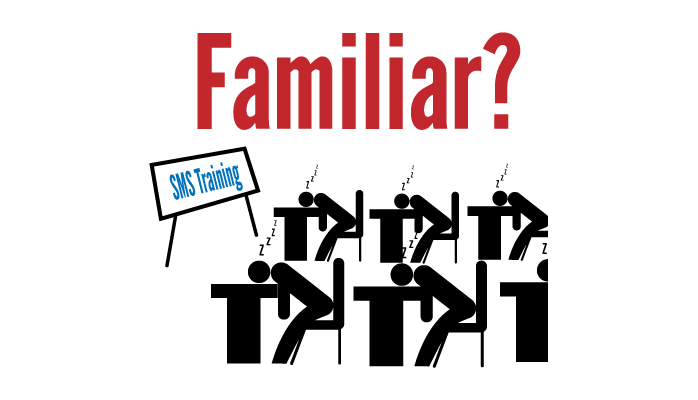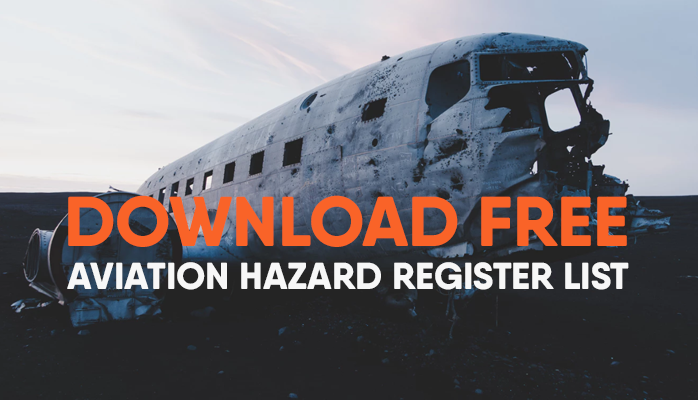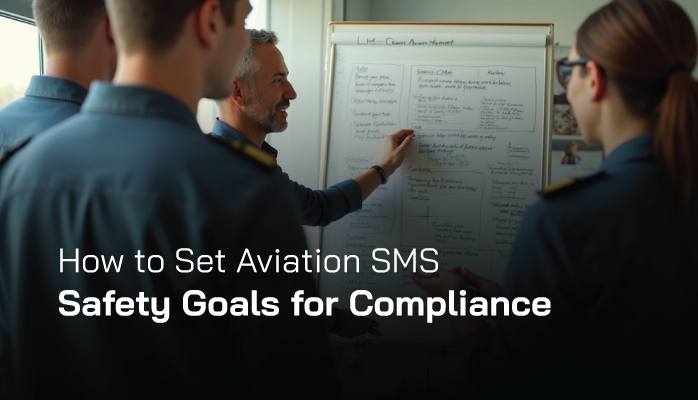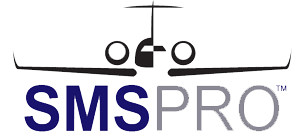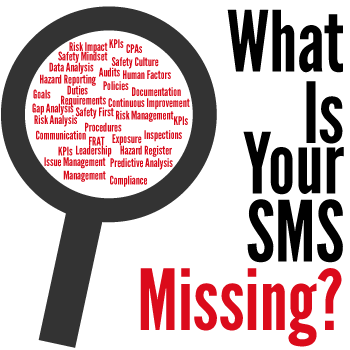For aviation safety managers, training employees on Safety Management System (SMS) concepts is a critical yet challenging task. Within the high-stakes environment of aviation safety risk management, ensuring that staff understand hazard reporting, risk management, and just culture is essential for preventing incidents and maintaining compliance with standards set by the International Civil Aviation Organization (ICAO) and national civil aviation authorities like the FAA or EASA.
New safety managers often struggle to know where to start, as these concepts can seem abstract or complex to frontline workers like pilots, ground crew, or maintenance staff.
Read More
Topics:
4-Safety Promotion,
2-Safety Risk Management,
Risk Management Training
Implementing SRM in Aviation SMS Manuals
Safety Risk Management (SRM) is a core component of an aviation Safety Management System (SMS) manual, as outlined in TOC 3.1–3.7. It provides a structured process to identify, assess, and mitigate risks, ensuring compliance with International Civil Aviation Organization (ICAO), Federal Aviation Administration (FAA), and European Union Aviation Safety Agency (EASA) standards.
For safety managers, consultants, and accountable executives, implementing SRM effectively reduces operational risks by up to 30%, as achieved by a utility client.
Read More
Topics:
Aviation SMS Implementation,
2-Safety Risk Management
Aviation Safety Management Systems (SMS) provide a structured framework to manage risks, ensuring safe operations across airlines, airports, and aviation service providers. A critical pillar of SMS is safety assurance, which focuses on monitoring, evaluating, and improving safety performance. For aviation safety managers, mastering safety assurance best practices is essential to maintain compliance, mitigate risks, and foster a proactive safety culture.
Read More
Topics:
3-Safety Assurance,
Risk Management Training,
FAA Compliance
A robust Safety Management System (SMS) is the backbone of any organization striving to maintain operational excellence and protect lives.
For aviation safety managers and accountable executives, understanding the four pillars of SMS—Safety Policy, Safety Risk Management, Safety Assurance, and Safety Promotion—is critical to fostering a proactive safety culture and ensuring compliance with global standards like those set by the International Civil Aviation Organization (ICAO).
Read More
Topics:
4-Safety Promotion,
3-Safety Assurance,
1-Safety Policy,
2-Safety Risk Management
Aviation Safety Management Systems (SMS) are designed to proactively identify, assess, and mitigate risks to ensure safe operations. A critical component of any SMS is the hazard register, a centralized record of identified hazards, their risks, and mitigation measures.
For many aviation organizations, especially smaller operators or those in the early stages of SMS implementation, spreadsheets (e.g., Microsoft Excel or Google Sheets) are a go-to tool for managing hazard registers. But is this approach effective in the long term?
Read More
Topics:
Aviation SMS Database,
3-Safety Assurance,
Risk Management Software,
2-Safety Risk Management
Proactive Safety Cultures in Aviation
A proactive aviation safety culture ensures that risks are identified and mitigated before they escalate into incidents. By leveraging Safety Management System (SMS) software like SMS Pro, aviation organizations can foster a culture of transparency, accountability, and continuous improvement.
Read More
Topics:
4-Safety Promotion,
Safety Culture
A robust Safety Management System (SMS) is critical for managing risks and ensuring compliance with global and national regulations. For aviation safety managers and accountable executives—senior leaders responsible for SMS oversight—the Hazard Register is a cornerstone tool for systematically tracking and mitigating hazards.
Establishing a regulatory compliant framework for the Hazard Register is essential to meet standards set by the International Civil Aviation Organization (ICAO) Annex 19 and national civil aviation authorities like the FAA (Part 5) or EASA, while fostering a proactive safety culture.
Read More
Topics:
Aviation SMS Database,
4-Safety Promotion,
Risk Management Software,
2-Safety Risk Management
Setting Aviation Safety Goals for Compliance
Setting safety goals and objectives in an aviation Safety Management System (SMS) manual, as outlined in TOC 1.6, is essential for driving continuous improvement and
Read More
Topics:
Aviation SMS Implementation,
4-Safety Promotion,
1-Safety Policy,
Risk Management Training
Aviation safety hinges on proactive risk management, and Safety Management Systems (SMS) provide the framework to achieve this. Within the aviation SMS ecosystem, two voluntary programs—Flight Operational Quality Assurance (FOQA) and Aviation Safety Action Program (ASAP)—play pivotal roles in enhancing safety.
These programs, widely adopted in the U.S. under the Federal Aviation Administration (FAA) and aligned with global standards like those of the International Civil Aviation Organization (ICAO), offer unique approaches to hazard identification and risk mitigation.
Read More
Topics:
4-Safety Promotion,
3-Safety Assurance,
2-Safety Risk Management,
Risk Management Training,
FAA Compliance
Managing FAA, ICAO & EASA Requirements
Aviation Safety Management Systems (SMS) must align with the core frameworks of the FAA (14 CFR Part 5), ICAO (Annex 19), and EASA (integrated into domain-specific regulations like Part-OPS, Part-145, and Part-21). These bodies emphasize the four pillars of SMS:
- Safety Policy,
- Safety Risk Management,
- Safety Assurance, and
- Safety Promotion
Read More
Topics:
Aviation SMS Implementation,
Aviation SMS Database,
Risk Management Software,
Safety Culture
